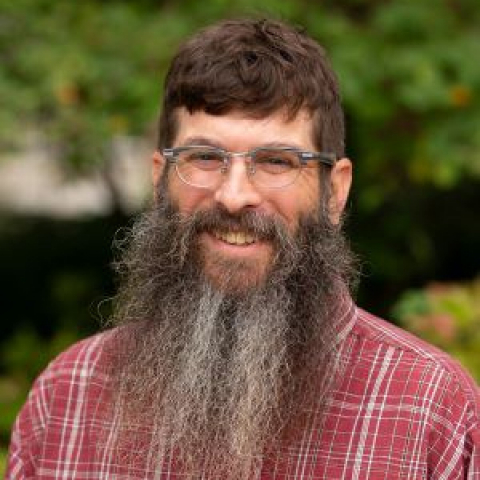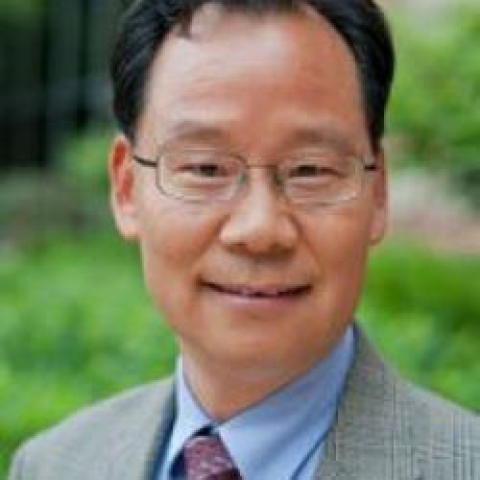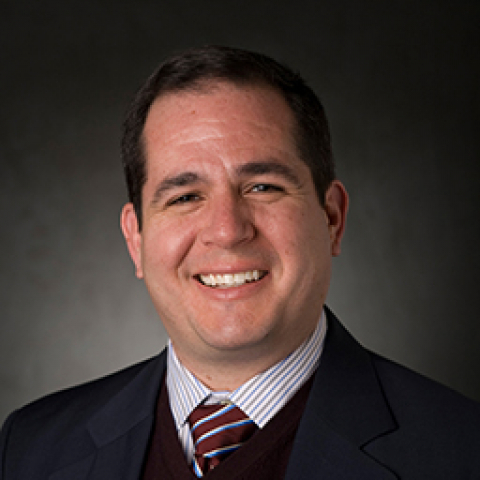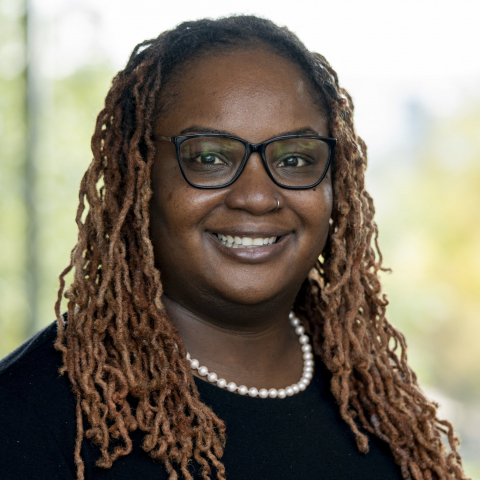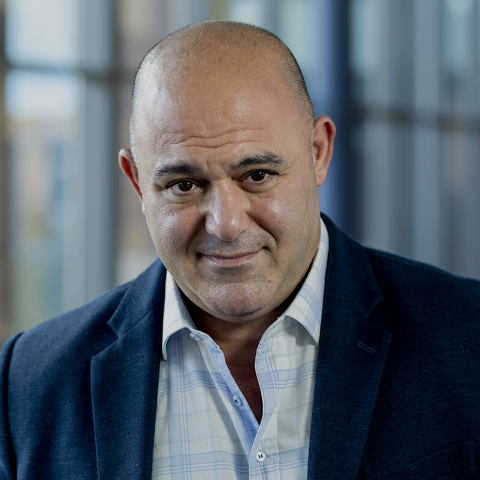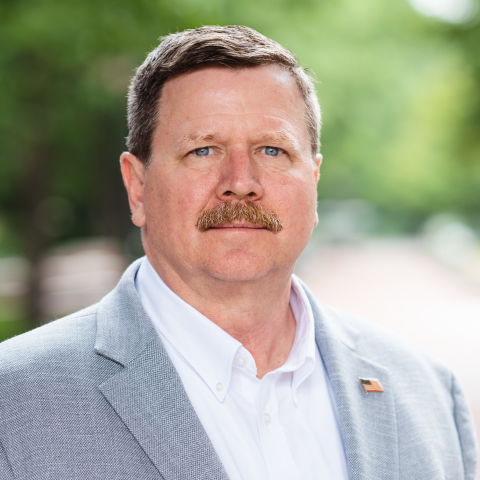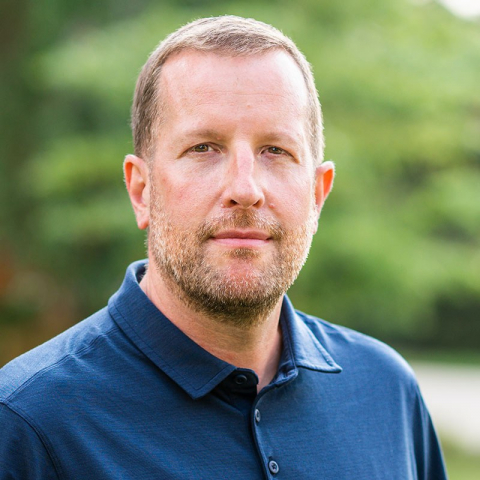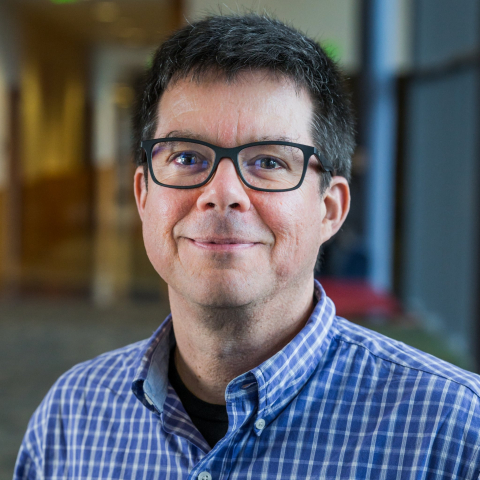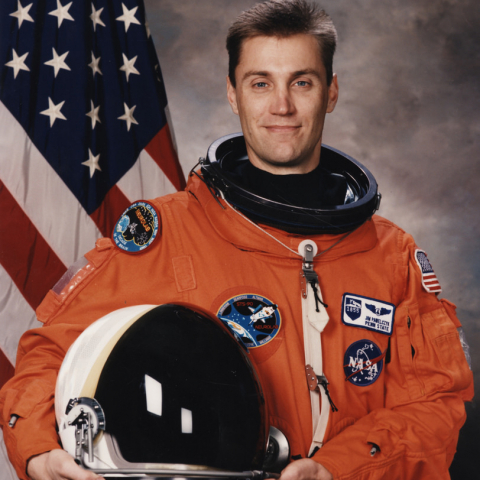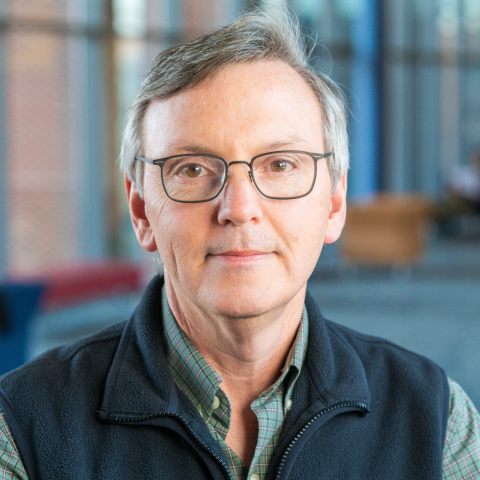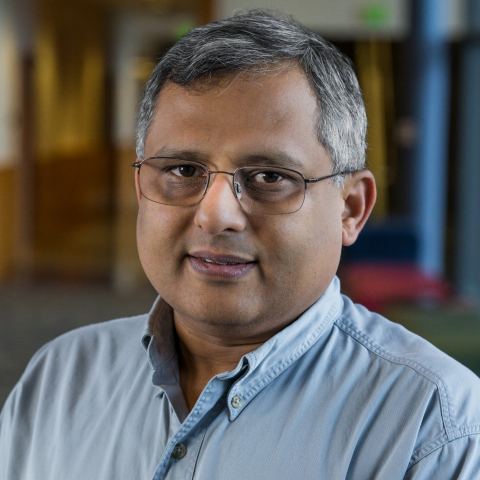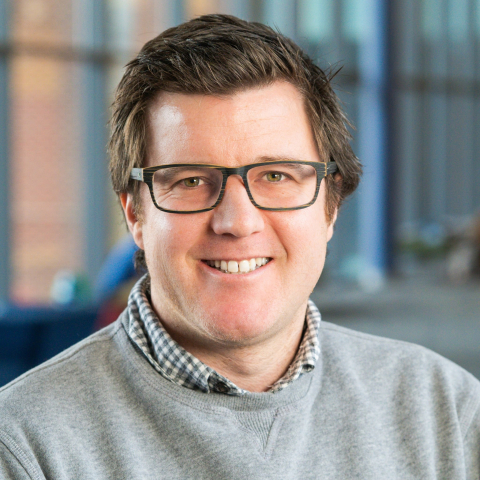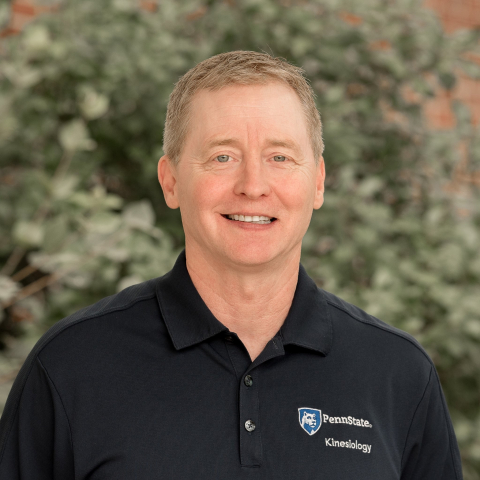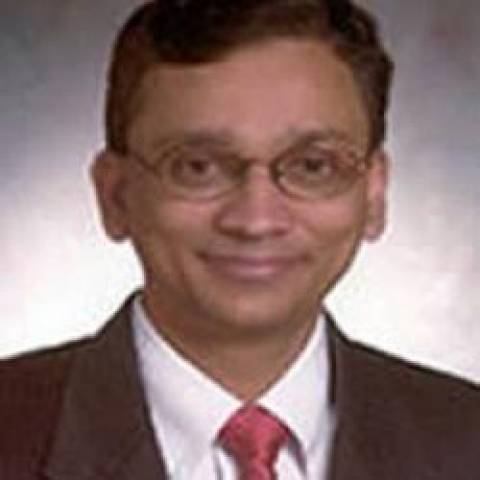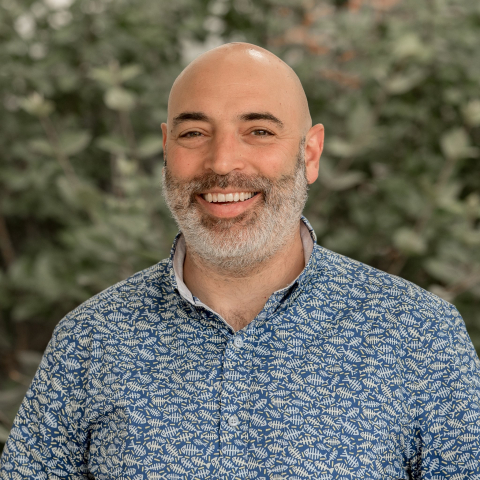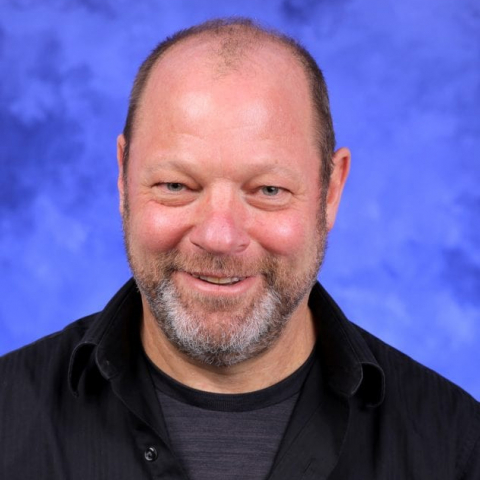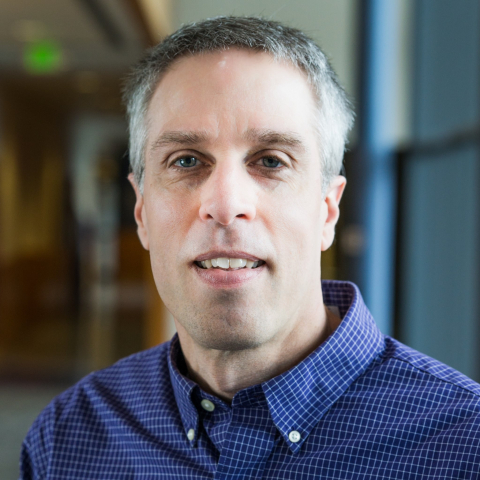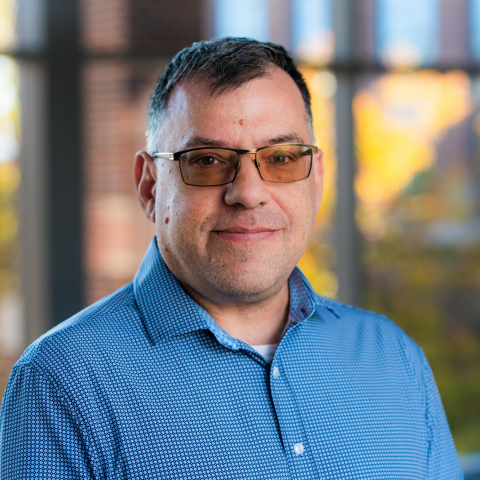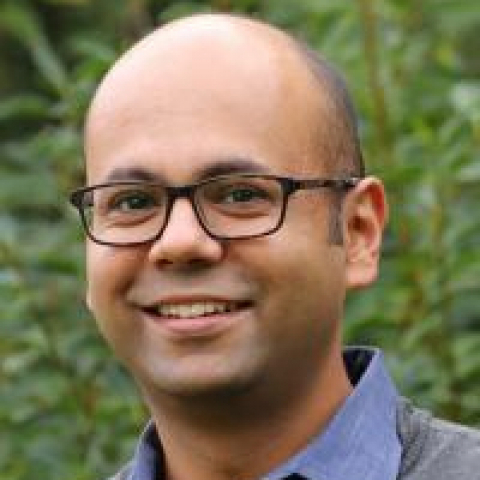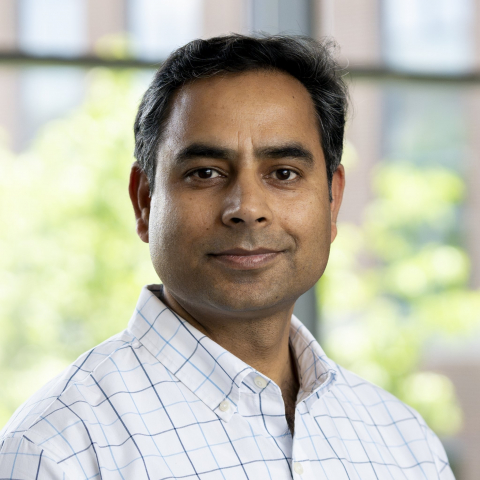Faculty
Joshua Lambert
Professor of Food Science
Dietary polyphenols in prevention of obesity and fatty liver disease; efficacy and mechanisms of action of food-derived phytochemicals in prevention of lung cancer; biotransformation, bioavailability and potential hepatotoxicity of dietary phytochemicals
Impact of food and medicinal plants and phytochemicals on human health. Role of plant genetics, environmental factors, agronomic practices, and post-harvest processing in moderating the relationship between medicinal and food plants and human health
Wansheng Liu
Professor of Genomics
Functional annotation of farm animal genomes, structure and function of mammalian sex (X and Y) chromosome, spermatogenesis and male fertility.
Keefe Manning
Professor of Biomedical Engineering and Surgery
Understanding the native cardiovascular system fluid mechanics; understanding the diseased cardiovascular system fluid mechanics, and the impact that cardiovascular prosthetics generate during and post implantation.
Melanie McReynolds
Huck Early Career Chair in Biochemistry and Molecular Biology; Assistant Professor of Biochemistry and Molecular Biology
The biochemistry behind aging and its intersection with stress, with the long-term goal of identifying strategies that promote healthier aging.
Gustavo Nader
Dorothy Foher and J. Lloyd Huck Chair in Molecular, Cellular and Integrative Physiology, Professor of Kinesiology
Ribosome biogenesis and cellular growth control. Transcription and epigenetic regulation of ribosomal RNA genes.
Troy Ott
Dean of the College of Agricultural Sciences; C. Lee Rumberger and Family Chair in Agricultural Sciences; Professor of Reproductive Physiology
Reproductive immunology and the physiology of early pregnancy.
Andrew Patterson
Associate Director, Huck Institutes of the Life Sciences; Professor and Huck Chair of Molecular Toxicology; Faculty Oversight, Metabolomics Core Facility
The Patterson lab is focused on understanding the host-metabolite-microbiome axis
Robert Paulson
Professor of Veterinary and Biomedical Sciences
The Paulson lab studies the mechanisms that regulate tissue regeneration with a focus on understanding the response to anemic and hypoxic stress
James Pawelczyk
Associate Professor of Physiology and Kinesiology
Neural control of circulation, particularly skeletal muscle blood flow, as it is affected by exercise or spaceflight.
Gary Perdew
Director of the Center for Molecular Toxicology and Carcinogenesis; H. Thomas and Dorothy Willits Hallowell Chair in Agricultural Sciences
Mechanisms of receptor-mediated carcinogenesis.
Kumble Sandeep Prabhu
Professor of Immunology and Molecular Toxicology
Molecular mechanisms by which bioactives such as selenium, omega-3 fatty acids, and other products of natural origin alter the host response and immune function in inflammation and cancer
Justin Pritchard
Huck Early Career Entrepreneurial Professorship; Associate Professor of Biomedical Engineering;
Using systems and synthetic biology approaches to understand and control drug resistance.
David Proctor
Professor of Kinesiology, Physiology, and Medicine
Physiology of aging and exercise; cardiovascular responses to exercise; regulation of skeletal muscle blood flow; skeletal muscle adaptation; vascular adaptation.
Ramesh Ramachandran
Professor of Molecular Endocrinology
The influence of hypothalamic neurotransmitters, hormones, and their receptors on avian reproduction.
Jonas Rubenson
Professor of Kinesiology
Integrating experimental and modeling approaches to study gait and skeletal muscle function during locomotion in both health and disease/impairment. In particular, the relationship between in vivo muscle mechanics and metabolic energetics and mechanisms underlying locomotor adaptation and optimization.
Robert Sainburg
Director of the Center for Movement Science and Technology; Huck Distinguished Chair in Kinesiology and Neurology; Professor of Kinesiology and of Neurology
The neural mechanisms that underlie control, coordination, and learning of voluntary movements in humans. Functional neuroanatomy of lateralized processes of motor control. Neurorehabilitation and Functional Recovery in stroke patients.
Anthony Schmitt
Professor of Molecular Immunology and Infectious Diseases
The process of paramyxovirus particle formation by budding: identifying and characterizing viral proteins used in budding, and learning how these manipulate host budding machinery to allow virus release.
Greg Shearer
Chair, Intercollege Graduate Degree Program in Integrative and Biomedical Physiology; Professor of Nutrition and Physiology
We seek to understand disease-related functional changes in the context of global changes in lipid mediators (bioactive metabolites of dietary fatty acids) and use them to identify markers of disease and better ways to prevent or manage disease
Vishal Singh
Associate Professor of Nutritional Physiology and Microbiome
